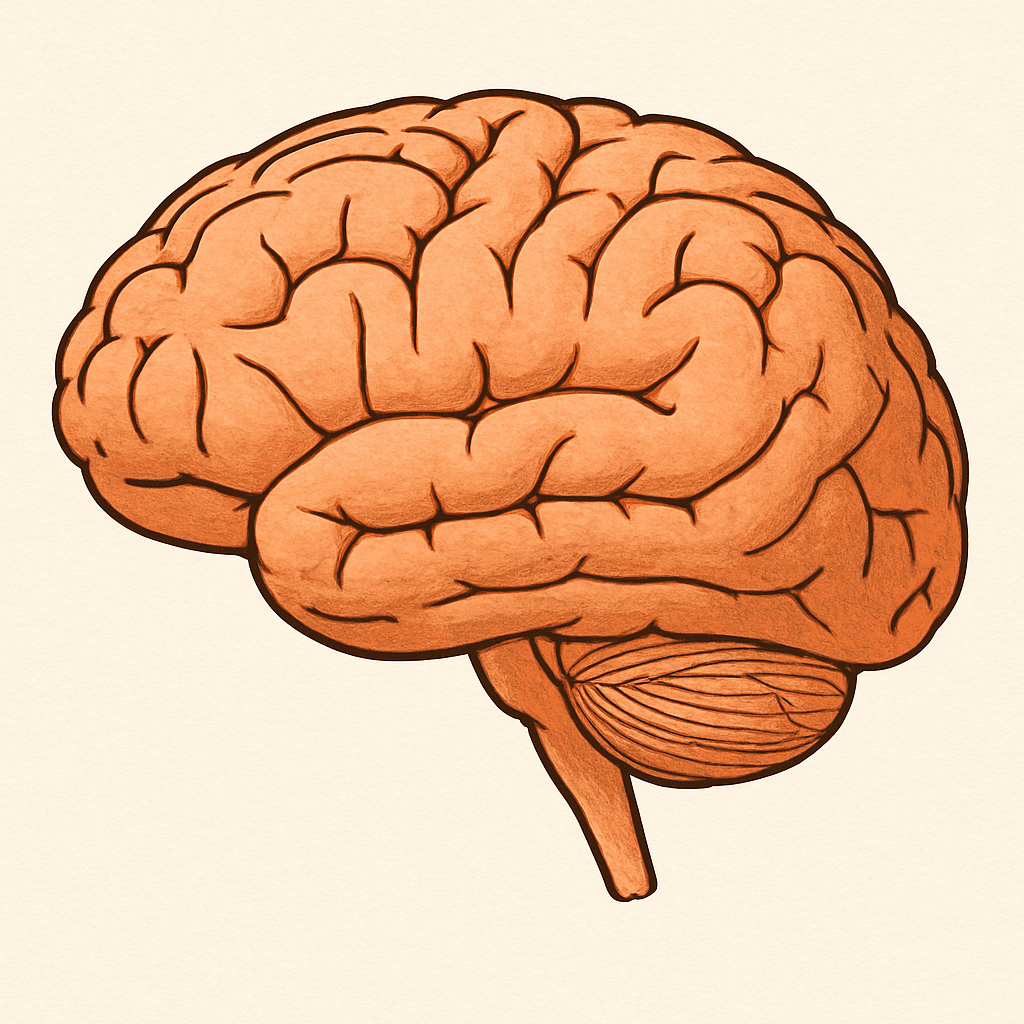
[객원 에디터 8기 / 박준우 기자] ChatGPT is a chatbot created in 2022 by OpenAI. It is based on a LLM (Large Language Model) and has been trained off a large dataset. While originally intended to be used as a chatbot, it is capable of providing answers to longer questions and has also become widely used to complete academic assignments.
ChatGPT works a lot like Google does, in the sense that it returns an answer when given a prompt. However, it produces a much more efficient written out answer, which allows the user to understand the answer better than they would with Google. It can also be used to write academic essays, leading to its widespread use among students to complete assignments. For example, a November 2023 study revealed that roughly 1 in 5 US teens who have heard about ChatGPT have used it in their schoolwork.
It has been shown that ChatGPT is a competent form of AI and is capable of writing comprehensive essays. GPT-4 completed all the sections of the July 2022 US uniform bar exam and achieved a score that nearly reached the 90th percentile. It also achieved a passing grade on all 7 subjects tested in the Multistate Bar Exam and received a passing grade on the Multistate Essay Examination.
The International Baccalaureate in March 2023 stated that they believe that ChatGPT and similar AI models will become a part of everyday life in the future and that education programs should be designed to help students use them more ethically and effectively. However, the IB does not consider work created wholly by these tools to belong to students and requires them to be cited like references from a conventional source.
While ChatGPT is a very strong tool, it also poses limitations. It is very hard to fact check its answers and oftentimes it gives incorrect answers. It is also prone to bias, as demonstrated when ChatGPT’s predecessor GPT-3 showed clear stereotypical gender bias in its answers. There are also times where ChatGPT can give incorrect referencing when asked.
While OpenAI has implemented filters to prevent severe biases and blatant falsehoods, it is not foolproof and ChatGPT may still be prone to these drawbacks.
Sources: OpenAI, TechTarget, Pew Research Centre, ScienceDirect, International Baccalaureate, ABA Journal, University of Miami





